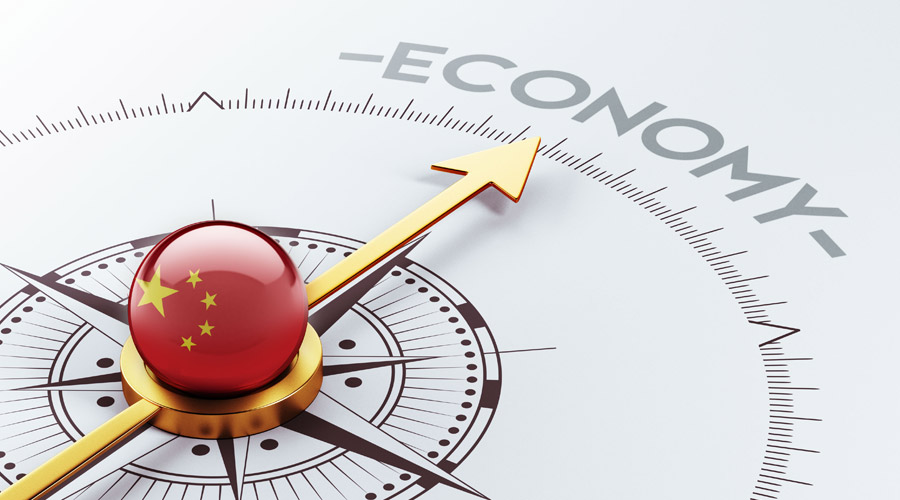Steel mills have faced power cuts. Computer chip shortages have slowed car production. Troubled property companies have purchased less construction material. Floods have disrupted business in north-central China.
It has all taken a toll on China’s economy, an essential engine for global growth.
The National Bureau of Statistics announced on Monday that China’s economy increased by 4.9 per cent in the third quarter, compared to the same period last year; the period was markedly slower than the 7.9 per cent increase the country notched in the previous quarter. Industrial output, the mainstay of China’s growth, faltered badly, especially in September, posting its worst performance since the early days of the pandemic.
Two bright spots prevented the economy from stalling. Exports remained strong. And families, particularly prosperous ones, resumed spending money on restaurant meals and other services in September, as China succeeded once again in quelling small outbreaks of the coronavirus. Retail sales were up 4.4 per cent in September from a year ago.
Chinese officials are showing signs of concern, although they have refrained so far from unleashing a big economic stimulus.
“The current international environment uncertainties are mounting, and the domestic economic recovery is still unstable and uneven,” said Fu Linghui, spokesman for the National Bureau of Statistics.
The government’s own efforts, though, are part of the current economic challenges.
In recent months, the government has unleashed a raft of measures to address income inequality and tame businesses, in part with the goal of protecting the health of the economy. But those efforts, including penalising tech companies and discouraging real estate speculation, have also weighed on growth in the current quarter.
The government had also imposed limits on energy use as a part of a broader response to climate change concerns. Now, the power shortages are hurting industry, and the country is rushing to burn more coal.
“The economy is sluggish,” said Yang Qingjun, the owner of a corner grocery store in an aging industrial neighbourhood of shoe factories in Dongguan, near Hong Kong. Power cuts have prompted nearby factories to reduce operations and eliminate overtime pay.
Urbanisation was once a great engine of growth for China. The country built spacious apartments in modern high-rises for hundreds of millions of people, with China producing as much steel and cement as the rest of the world output combined, if not more.
Now, real estate — in particular, the debt that developers and home buyers amassed — is a major threat to growth.
New York Times News Service

